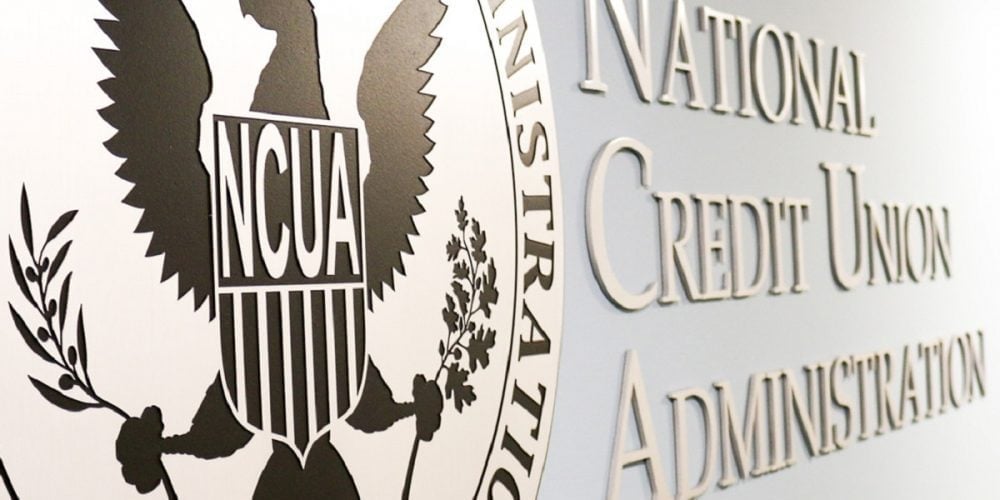Like many of us under “stay-at-home” or “shelter-in-place” orders, my professional and personal life now relies on Zoom. Clients and colleagues have quickly defaulted to video conferencing, virtual playdates have become a thing, and trying to read my friends’ bluff attempts on-screen while playing poker is the new normal.
In fact, I look forward to these bi-weekly poker nights with a rotating group of friends including a lawyer, failed bond trader, and former CFO. They all have stable jobs (at least for now) and enough pocket change for poker night. While we play, the conversation consistently turns to the current events and the markets - and the group often discusses the adage “buy on the way down”. It’s worthwhile advice if you’re fortunate enough to be in a position to act, but the stark reality is that most people in America are not.
The Vast Majority are Struggling
The COVID-19 crisis exacerbated the financial health needs of the majority. Before the pandemic, during a booming economic period, our organization found that only 29% of the U.S. population was financially healthy. While the data shows that income is correlated to overall financial health, nearly 50% of those making more than $100,000 per year were already struggling. With so many people trying to get by, how are individuals and families going to spend, save, borrow, and plan in ways that improve their chances of long-term financial success in the current environment?
Financial Health Providers
Credit unions have often found themselves at the forefront of financial health, but credit unions are now uniquely positioned to become more than a financial institution to their members. This includes being reactive to members’ needs today by waiving fees and being flexible. Some actions are being taken to help support credit unions and members during this time. The NCUA posted a helpful guide for supporting members during this crisis, and QCash Financial is offering a COVID-relief program for credit unions seeking a short-term credit option for members. However, with more than 25 million people in the U.S. filing for benefits since the pandemic started to batter the economy, the communities which credit unions serve need more.
Credit unions are poised to uniquely address the holistic needs of the community, both during this crisis and beyond. In order to do so, credit unions should consider partnering with high- quality fintechs in order to offer services that better serve customers where they need assistance today. Fintechs can offer customized expertise and tools, such as:
- SpringFour directs members to best-in-class local government and nonprofit resources.
- Steady helps members increase their income by providing tailored job opportunities.
- SaverLife gamifies the savings experience so members can weather financial shocks.
Leading the Charge: People Need our Help
Credit unions like BCU, Coastal, IH Mississippi Valley, and ESL acted quickly to provide COVID-19 resources and relief to help members manage through this crisis. Additionally, they are actively measuring financial health so they meet members and employees where they are, and the Foundation continues to be a centralized hub for resources and thought leadership. The mantra of ‘people helping people’ shines bright.
But beyond addressing the pains already felt through the pandemic, these leading institutions are showing us what is possible and giving us a glimpse into the future of the financial health movement.
Especially in a crisis, credit unions can be more than financial institutions. They can be financial health providers.







